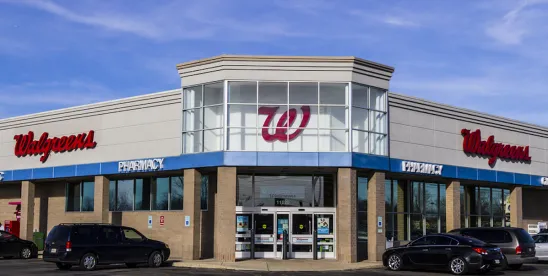19 September 2024. The specter of phantom billing has been cast out from these pharmacies. Walgreens Boots Alliance Inc. and Walgreen Co. (collectively Walgreens) recently agreed to a $106.8 million settlement to resolve allegations of healthcare fraud. The case centers on claims that Walgreens improperly billed government healthcare programs for prescriptions that were never dispensed, a scheme known as phantom billing. This settlement serves as a significant reminder of the importance of compliance and ethical practices in healthcare, especially for providers and pharmacists. Two pharmacists blew the whistle in different qui tam actions, resulting in rewards totaling over $16.5 million.
Key Details of the Settlement
According to the allegations, from 2009 to 2020, Walgreens billed government-funded healthcare programs including Medicaid and Medicare for prescriptions that they filled but beneficiaries never picked up. The subsequent billing of Medicare and Medicaid for these prescriptions constituted the submission of false claims, in violation of the False Claims Act.
Financial Breakdown
- Total Settlement Amount: $106.8 million
- Federal Share: $91,881,530
- State Share: $14,933,259
Whistleblower Involvement
Three cases were initiated under the False Claims Act’s qui tam provision, which allows private individuals to file lawsuits on behalf of the federal government. In this instance, two former Walgreens employees—Steven Turck, a former pharmacy manager, and Andrew Bustos, a former district pharmacy supervisor—filed separate lawsuits. As a result of their bringing this phantom billing scheme to light, Turck will receive $14,918,675 and Bustos $1,620,000, collectively representing about 15.5% of the government’s recovery.
Walgreens’ Response and Steps Toward Remediation
Walgreens has already refunded $66.3 million of the settled claims, which will be credited against the total settlement amount. In addition, the company has made improvements to its electronic pharmacy management system to guard against future phantom billing issues.
The Importance of Healthcare Fraud Whistleblowers
The U.S. Attorney for the District of New Mexico said about the case, “Millions of Americans rely on the promise of federal healthcare through programs like Medicare and Medicaid. Fraudulently billing for prescriptions which are never dispensed endangers the integrity of these critical programs.” The U.S. Attorney for the Eastern District of Texas elaborated, “Adopting new technology and systems can be beneficial for providers, beneficiaries, and federal payors, including Medicare, Medicaid and TRICARE. However, we will not allow companies to hide behind their implementation of ill-conceived technology and systems that result in billing federal health care programs for goods and services never provided to beneficiaries. In those situations, we will pursue the companies and ensure that the taxpayer is made whole.”
This settlement underscores the critical need for healthcare providers and pharmacists to adhere to strict compliance with the False Claims Act and other healthcare regulations. Additionally, it serves as a reminder that these same providers can become tenacious whistleblowers who are rewarded for reporting unlawful conduct under the False Claims Act. The accuracy of claims submitted to government programs is paramount, and any discrepancies—whether accidental or intentional—can result in severe financial and legal consequences.




 />i
/>i

